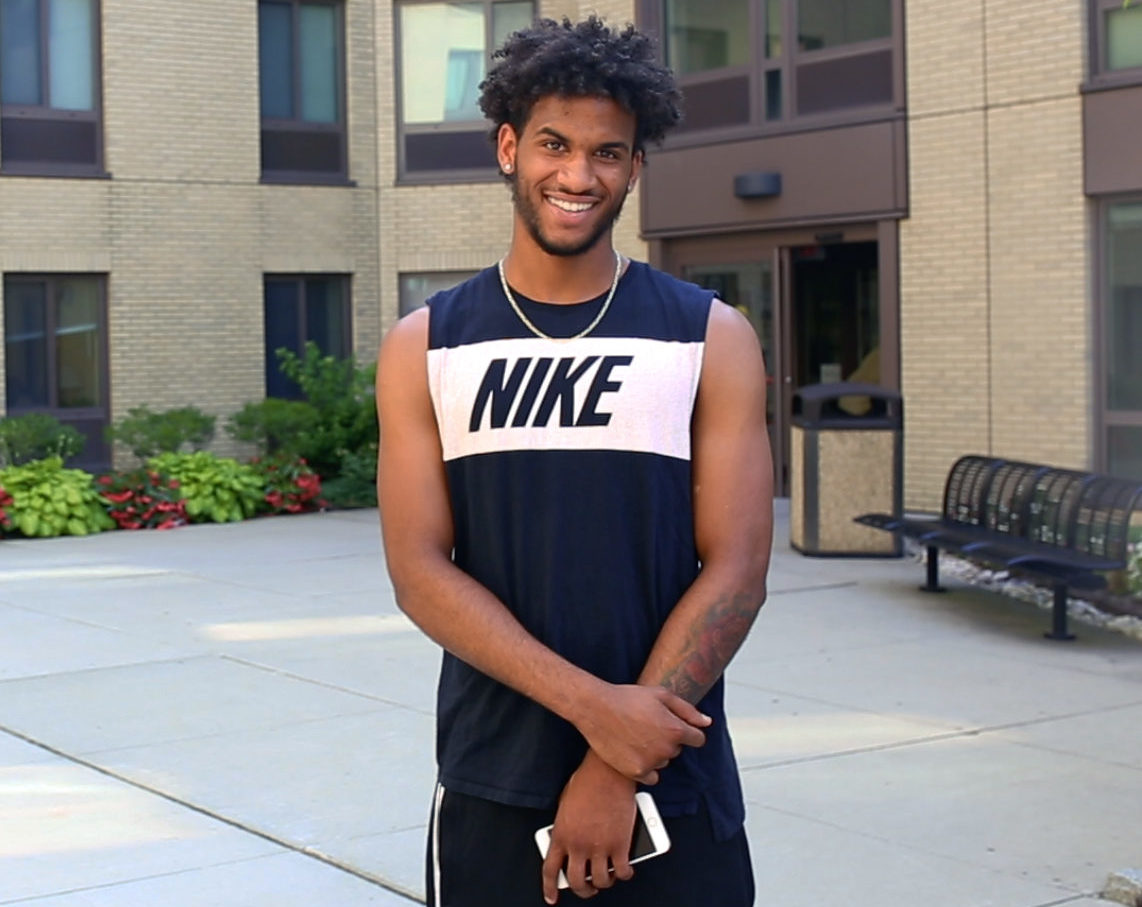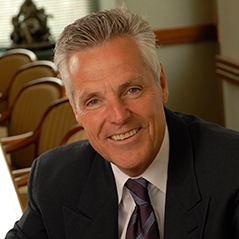
Clarissa Sosin
.
In an op-ed of mine Youth Today published in March, I challenged the child welfare community to think more expansively about our mission — to recognize that despite the many strides we have made, we are still allowing too many children to reach adulthood without the tools they need to succeed in life.
Many in our profession are now focused on well-being in addition to the fundamentals of safety and permanency, and to me, true well-being cannot be achieved without education. Simply put, education is the best path toward a successful future and, after keeping these children safe and healthy, education should be our highest priority as child welfare professionals. Regardless of whether or not we have functional responsibility for education in our communities, we certainly have an obligation to see that our children get one.

Bill Baccaglini
We’re pleased that Youth Today, a leading source of news, information and expertise for professionals in youth services, is enthusiastically picking up this mantle and devoting substantial resources to facilitating this national conversation. Over the next year, they will shine a spotlight on promising programs, research findings, policy initiatives and expert commentary to help advance our knowledge and gain insights into this challenging and exciting movement.
As one of the oldest and largest child welfare organizations in the nation, The New York Foundling has viewed education as central to our mission for a number of years and has developed several programs that are proving successful. From our Mott Haven Academy charter school in the Bronx to our Road to Success program that tutors and mentors children in foster care to our partnership with the City University of New York, we are seeing real, evidence-based results, many of which we believe would be replicable in other communities across the country.
Developing educational programs has been challenging and we’ve certainly made our share of mistakes — and learned from them, I hope — over the years. I’m sure other organizations that are doing great work in the education field have had the same experience and, together, we have many lessons to share. This Youth Today series is about bringing these programs to light and enabling all of us to learn from them.
We need strategy, framework
How best do we, as child welfare professionals, move forward to ensure the educational well-being of our children? How do we build our own organizational capacities as well as the capacity of our local child welfare systems? How do we break down silos between education departments and children’s services? How do we account for differences — in geography, in demographics, in funding models, in governmental policies — to develop a range of solutions that may vary widely from place to place, but remain true to the same core values?
Those are the sorts of questions we hope this Youth Today project will address, by sharing our experiences, learning from each other’s best practices, identifying replicable models and potential for partnerships with each other — and with school systems and policymakers at the federal and local levels.
From this body of work, we hope our profession — and all public leaders — can begin to develop a strategy and a framework that government social service departments and education departments can follow and build upon. We must find ways to work together on programs that cross bureaucratic boundaries for our children’s benefit.
Yes, it will require funding, but funding alone will not be enough. Yes, it will require collaboration with school systems, but school systems are not built to create and sustain trauma-sensitive environments nor are teachers trained to work with children who have endured trauma. Almost by design, they must “teach to the middle of the class,” to the “average” student.
We all know what’s at stake. Because children in foster care often lack a stable and consistent reservoir of social and emotional support, a social safety net if you will, the consequences of our failure to educate children in foster care are far greater than it is for most others. For them, education is the key to leading productive and rewarding lives.
So it’s up to all of us. We need to make the education of foster youth a part of our missions.
We are proud to be able to underwrite Youth Today’s work on this project and look forward to learning from their reporting. Next year, after having the benefit of the many stories and commentary pieces we expect to see, we plan to convene a national conference including colleagues from around the country — a summit for professionals who are committed to educating young people in the child welfare system. We are grateful to the Conrad N. Hilton Foundation for its support of this effort. Hilton Foundation has been a supporter of The Foundling’s work, and its presence in New York City has fundamentally changed the conversation here about educating children and teens in the foster care system.
Youth Today’s work and the conference that will follow it give us the opportunity to build a base of practical knowledge and begin putting it to use. At the completion of this project, we hope it will be a valuable resource for everyone in our profession to call upon as we create a full menu of potential educational services for policymakers and providers to consider.
We hope you will join us on this journey forward and share your stories. We know that the young people in our care have the capacity to learn and to benefit from enhanced educational projects. We need to build the capacity in our systems to provide them with that opportunity. We look forward to reading your stories over the next year, learning from them and being part of a national movement on this issue.
Bill Baccaglini is president and CEO of The New York Foundling, one of the oldest and largest organizations in New York serving at-risk youth and their families.
This column has been updated.





























